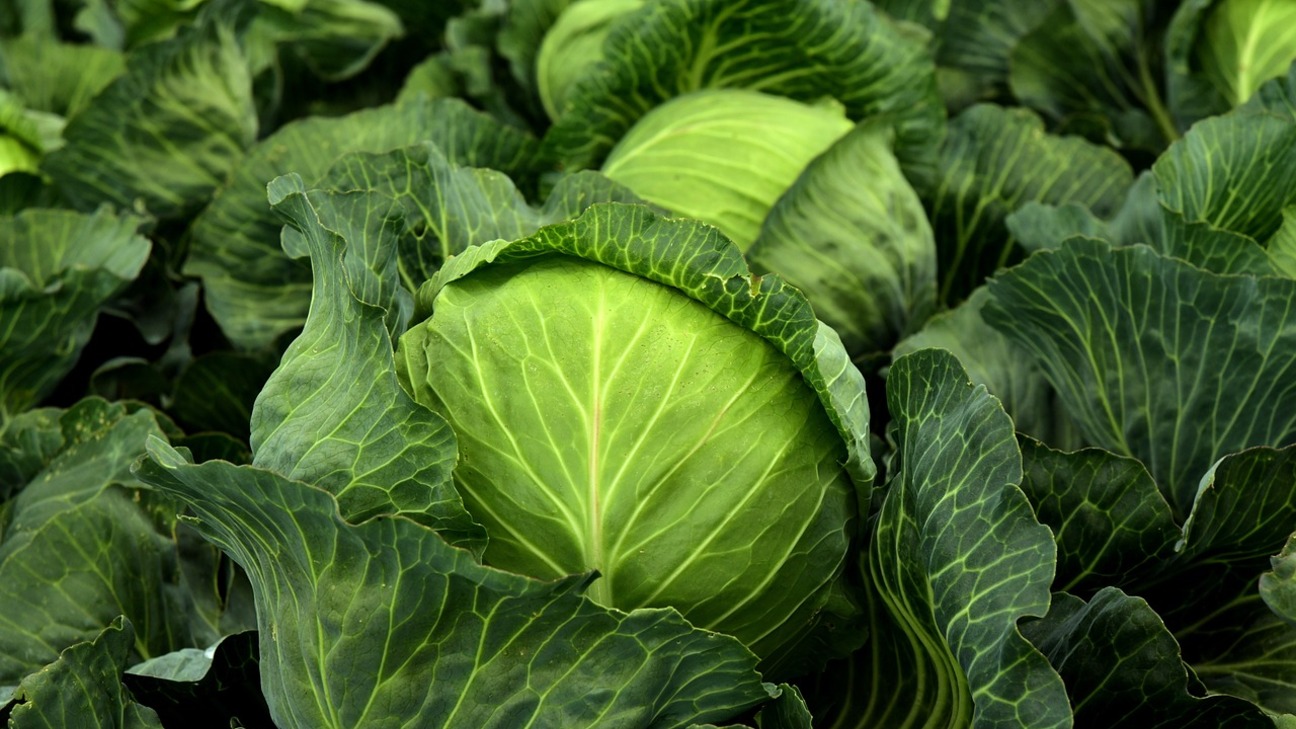
Living with Inflammatory Bowel Disease (IBD) can be challenging, especially during flare-ups when symptoms can be severe and unpredictable. For those dealing with IBD, maintaining a healthy weight is crucial, as weight fluctuations can exacerbate the condition and impact overall well-being. However, doing so during a flare-up can be particularly difficult due to reduced appetite, digestive issues, and limited food choices. In this blog, I will share seven practical and effective tips that have helped me personally to manage my weight during IBD flare-ups. By following these strategies, you can promote better nutrition and maintain a healthy weight, even when facing the challenges of IBD.
1. Work with a Registered Dietitian
During an IBD flare-up, it’s vital to have professional guidance to ensure you’re meeting your nutritional needs while managing your weight. A registered dietitian with experience in gastrointestinal health can tailor a diet plan to your specific needs, taking into account your symptoms, dietary restrictions, and weight management goals.
They can provide valuable advice on meal planning, portion control, and nutrient-dense foods to incorporate into your diet.
You might want to contemplate taking extra supplements such as collagen, ginger, turmeric, tart cherry juice, and other foods or herbs that have demonstrated potential to alleviate inflammation (1
PubMed Central
Highly respected database from the National Institutes of Health
Go to source ).
2. Opt for Easily Digestible Foods
During a flare-up, the digestive system is more sensitive, and certain foods can trigger discomfort and aggravate symptoms. Choosing easily digestible foods can help reduce strain on the digestive tract and aid in weight maintenance. Some examples of easily digestible foods include:
- Steamed vegetables (e.g., carrots, zucchini, spinach)
- Cooked fruits (e.g., applesauce, ripe bananas)
- Bone broth or vegetable broth
- Soft-cooked eggs
- Cooked grains (e.g., white rice, quinoa)
Summary
During an IBD flare-up, choosing easily digestible foods can help reduce strain on the digestive tract and aid in weight maintenance.
3. Prioritize Protein Intake
Protein is essential for maintaining muscle mass and promoting healing during an IBD flare-up. However, it’s essential to select lean and easily digestible sources of protein to minimize digestive stress. Some protein-rich options that are generally well-tolerated during flare-ups include:
- Skinless poultry (e.g., chicken, turkey)
- Fish (e.g., salmon, cod)
- Tofu and tempeh
- Eggs
- Smooth nut butters (e.g., almond, peanut)
4. Stay Hydrated
Proper hydration is crucial for everyone, but even more so for individuals with IBD, as diarrhea and vomiting during a flare-up can lead to dehydration. Dehydration can affect your weight, as well as your overall health and energy levels. Aim to drink plenty of water throughout the day and consider hydrating foods like watermelon, cucumbers, and herbal teas. Steer clear of sugary beverages and caffeine, as they can worsen dehydration and digestive discomfort.
Summary
Proper hydration is crucial for managing weight during an IBD flare-up and promoting overall health and energy levels.
5. Listen to Your Body
Understanding and responding to your body’s cues is essential for managing your weight during an IBD flare-up. Pay attention to your hunger and fullness signals, and avoid overeating or undereating. During flare-ups, appetite changes are common, but it’s crucial to nourish your body adequately. If your appetite is low, try having smaller, more frequent meals to ensure you’re getting essential nutrients without overwhelming your digestive system.
6. Incorporate Healthy Fats
While it may seem counterintuitive, incorporating healthy fats into your diet can actually be beneficial during an IBD flare-up. Healthy fats are calorie-dense and can help maintain your weight even if your appetite is reduced. Additionally, fats play a role in nutrient absorption, which can be compromised during flare-ups. Opt for sources such as avocados, olive oil, nuts, and seeds, which are generally well-tolerated by many IBD patients.
7. Manage Stress
Stress can exacerbate IBD symptoms and impact your eating habits, leading to weight fluctuations. Finding effective stress management techniques can positively influence both your mental and physical well-being during a flare-up. Consider practices such as meditation, deep breathing exercises, yoga, or engaging in hobbies you enjoy. Reach out to support groups or talk to a therapist to help you navigate the emotional challenges that often accompany IBD.
Summary
Effectively managing stress can positively influence both mental and physical well-being during an IBD flare-up and prevent weight fluctuations.
Conclusion
Maintaining a healthy weight during an IBD flare-up is achievable with the right strategies and mindset. By working with a registered dietitian, choosing easily digestible foods, prioritizing protein intake, staying hydrated, listening to your body, incorporating healthy fats, and managing stress, you can support your body through challenging times. Remember that IBD affects everyone differently, so it’s crucial to personalize these tips to suit your unique needs and preferences. Always consult with your healthcare team to ensure you’re on the right track to managing your weight and promoting your overall health and well-being during IBD flare-ups.




